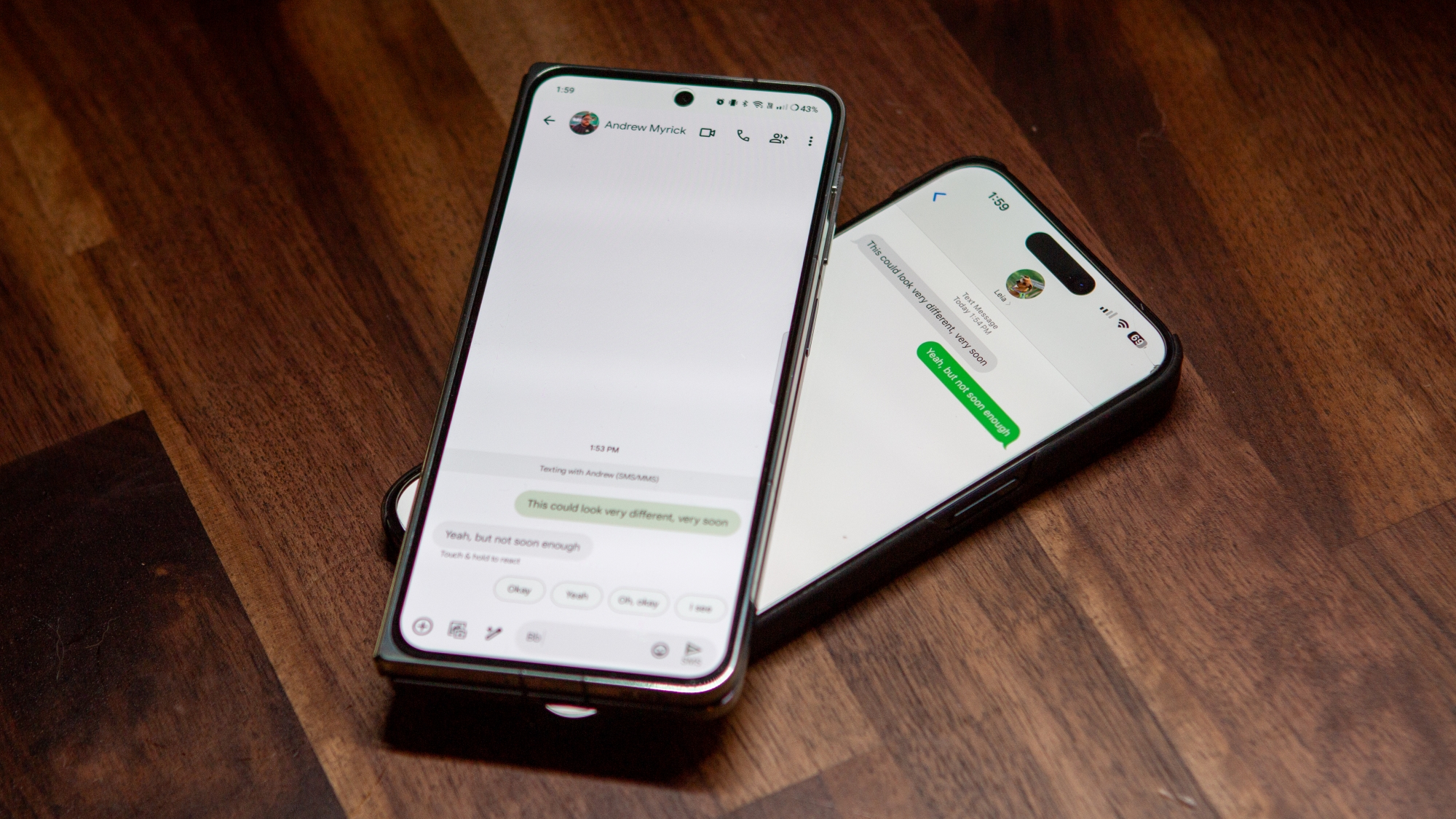What you need to know
- The GSMA announced the launch of its Universal Profile v3.1 update, which will add support for the xHE-AAC audio codec.
- This new codec is said to make your voice messages sound clearer and crisper, while new mechanisms arrive to improve RCS services’ reliability.
- The GSMA’s v3.0 update debuted in March, which added encryption capabilities for user messages across the RCS standard, something that only Google offered previously.
An update has been announced for the wider RCS standard today (July 25), which looks to refine its reliability and improve a messaging format.
Announced today via the GSMA blog by Tom van Pelt, the post highlights the newest RCS Universal Profile v3.1 update for users. Van Pelt states the latest update was a “collaborative effort” between global stakeholders to introduce an upgrade to users’ “audio messaging capabilities.” To achieve this, the post states v3.1 includes support for the xHE-AAC audio codec.
For the end-user, this update will make all of your voice messages sent and received sound clearer and crisper. GSMA states it delivers a more “natural playback” that likely comes without any artifacts while you’re speaking into your phone for the voice message. On a more technical level, this newly supported codec upgrades RCS voice messages with “highly efficient” compression and decompression of the audio file.
GSMA adds that this will improve the quality of “speech and non-speech use cases.” So, whether you’re recording your voice or recording some music to get your friends to the cafe, it’ll sound better.
This v3.1 update is bringing in “new mechanisms for connecting RCS clients to operator services.” In short, this update looks to make the reliability of the RCS experience seamless and more in line with what users would expect. GSMA also states that RCS services should be more reliable in “challenging” coverage zones.
RCS continues to improve

The GSMA’s Van Pelt mentions the advancements v3.1 makes, which are said to build upon what began during its v3.0 update in March. The major talking point in that update was the (long-awaited) inclusion of E2EE (end-to-end encryption) for the RCS standard. Van Pelt stated at the time that v3.0 brings “the first large-scale messaging service to support interoperable E2EE between client implementations from different providers.”
This was during the time Apple finally incorporated the RCS standard on iPhones with Android devices. However, Apple’s integration notably lacked encryption capabilities. Adding such capabilities rolled out in an update after the RCS v3.0 update’s arrival. While this sounds strange, RCS, as a whole, never supported encryption to begin with. It was Google that decided to bring such protection to users originally.
As of v3.0, everyone can get those helpful (and welcome) protections.
The Association teases that its v3.1 update is the start of its focus on “media quality, service flexibility, and global scalability.”





